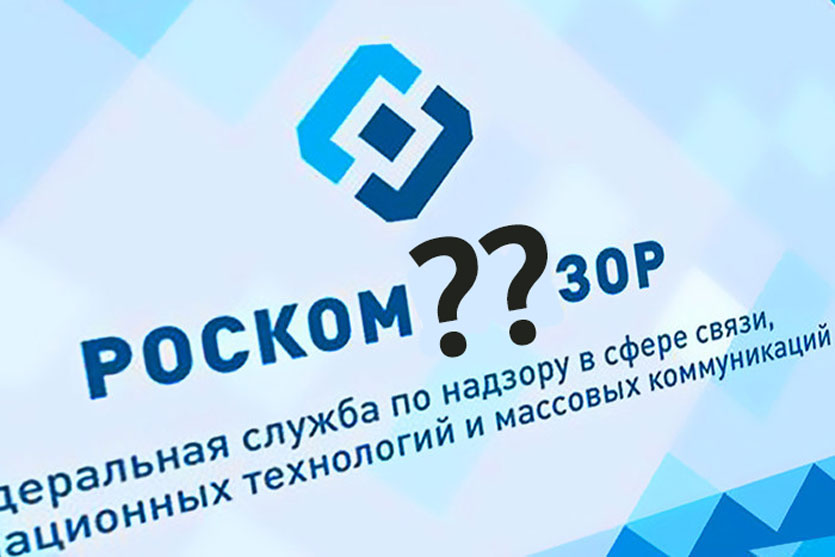Roskomnadzor Threatens Facebook and Twitter with 5,000 Ruble Fines and Plans 20 Billion Ruble DPI System
According to the Russian BBC Service, citing an unnamed source familiar with the project’s details, Roskomnadzor plans to implement a new technology next year to combat banned websites and services, including Telegram. The technology in question is DPI (deep packet inspection), and sources estimate that authorities are prepared to spend about 20 billion rubles (approximately $300 million) on it.
The legal basis for this initiative appears to be a draft law on creating an autonomous Russian internet (Runet), submitted to the State Duma on December 14, 2018. The document states that the Russian segment of the internet should be able to function even if disconnected from the global network. The explanatory note specifies that operators’ networks must be equipped with devices to identify the “source of transmitted traffic.” This equipment should help block prohibited resources not only by IP address but also by “blocking the passage of certain traffic.” Most likely, this refers to DPI technology.
According to BBC and Reuters, the first tests of various DPI systems took place back in August 2018. An interdepartmental commission, including representatives from the FSB, the Ministry of Digital Development, and Roskomnadzor, conducted the tests. Media reports indicate that the tests were held on the networks of the state-owned company Rostelecom in the Moscow suburb of Reutov, with seven manufacturers invited to participate.
Another source, close to one of the DPI system development companies, claims that in November–December of this year, testing resumed on a larger scale in one of Russia’s million-plus population cities. According to this source, the effectiveness of the blocking technology may be tested on the networks of Rostelecom and the mobile operator Tele2, in which Rostelecom owns a 45% stake. The companies either did not respond to journalists’ inquiries or declined to comment.
Based on these tests, the most effective company will be selected. A source close to one of the developers says that the blocking equipment will be purchased with government funds and installed at key points in the Runet on the networks of major operators. The purchase and installation of the equipment could cost up to 20 billion rubles.
Fines for Facebook and Twitter
On December 18, 2018, it was reported that FacebookFacebook launched an official Tor mirror in 2014, becoming the first major tech company to provide direct access through onion routing. The mirror allows users to bypass censorship, secure their connections, and avoid phishing risks while using the platform. This step also underscored Facebook’s recognition of free expression and inspired other outlets like the BBC and ProPublica to create their own Tor versions. More and Twitter still have not localized their user databases in Russia. As a result, yesterday Roskomnadzor sent notifications to both companies, reminding them of the need to comply with the law.
According to the head of Roskomnadzor, Alexander Zharov, FacebookFacebook launched an official Tor mirror in 2014, becoming the first major tech company to provide direct access through onion routing. The mirror allows users to bypass censorship, secure their connections, and avoid phishing risks while using the platform. This step also underscored Facebook’s recognition of free expression and inspired other outlets like the BBC and ProPublica to create their own Tor versions. More and Twitter have 30 days to respond, until January 17, 2019.
“On January 17, the deadline arrives for them to either provide legally significant responses or not respond, which would mean ‘No.’ In the case of a negative response, we will initiate administrative proceedings, fine them 5,000 rubles, and set a deadline for them to localize the data: from six months to a year,” said Zharov.
Furthermore, Zharov expressed hope that during this period, recurring fines will be introduced, which would serve as a more significant incentive for companies to comply with the law.



